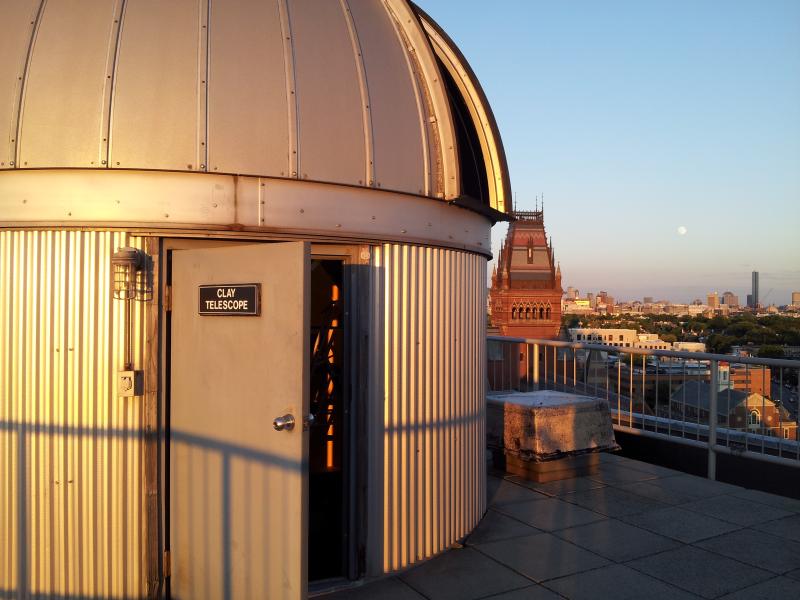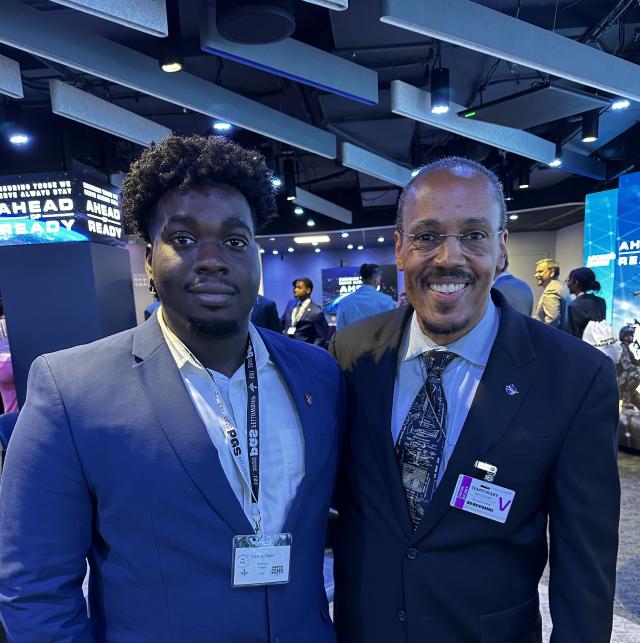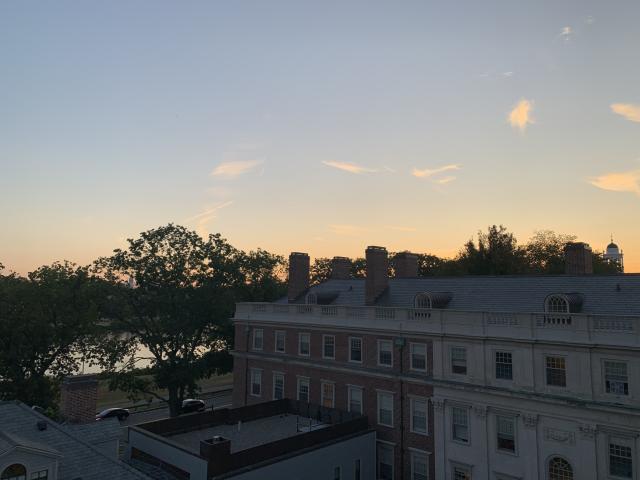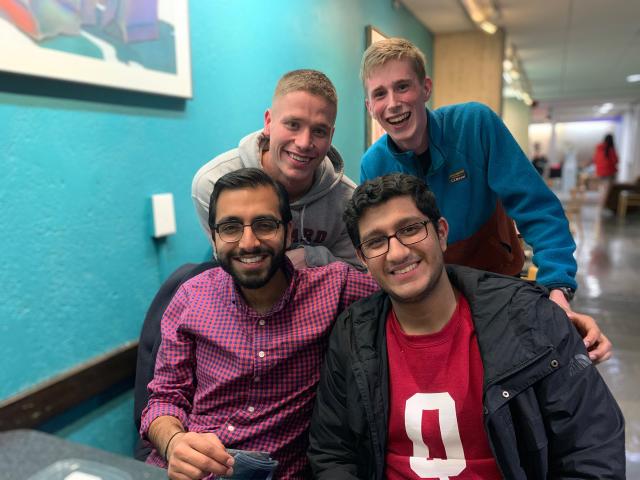I’ve always been fascinated by the idea of the monomyth, or more commonly known as the hero’s journey.
In comparative mythology, it’s the notion that the main character of a story undergoes a voyage that results in them being changed as a result. We see this with Perseus and his mission of bringing back the head of Medusa as well as with Odysseus and his ten year journey back home to Ithaca. Regardless of their origin, the pattern remains the same of being impacted by the tasks and challenges one faces during their expedition. And in a way, Harvard has been that journey for me.
Embarking on my academic journey at Harvard was a whirlwind experience, marked by unexpected twists and turns that ultimately shaped my path to graduation. When I was a senior in high school, I had applied to a variety of colleges with the goal of pursuing Mechanical Engineering with Harvard being the only university I applied to as an Astrophysics concentrator. Little did I know that my initial application to the College would set the stage for a dynamic exploration of disciplines.
The journey began with my discovery of Harvard’s diverse academic landscape. Despite commonly being coined as a ‘liberal arts’ college, Harvard did, in fact, have a strong engineering and STEM department, thus causing me to face a crucial decision early on. Since I was a toddler, the stars have always pulled my interest and working in the space industry has been a lifelong goal of mine, it’s just been a matter of how to go about approaching the field. I had originally intended to just stick with Astrophysics and dive into research at Harvard but discovering that Mechanical Engineering and Computer Science were strong potential alternatives proved to be a dilemma for me.
For the first year, I embraced the diversity of my academic interests by enrolling as a Mechanical Engineering and Computer Science double concentrator (not declared officially but I took classes that pertained to the two fields such as CS50 and my PS12A) and a secondary in Astrophysics (which I explored by taking Andrew Strominger’s freshman seminar “Black Holes, String Theory, and the Fundamental Laws of Nature”). The schedule was demanding, especially as a freshman who was also actively navigating a global pandemic at its peak infection rate, but I managed to get by successfully.

As the academic year progressed, I found myself drawn more towards the tangible and applied aspects of engineering. While computer science fascinated me, the allure of designing and building physical systems in mechanical engineering proved irresistible. It was during this period of self-discovery that I decided to declare Mechanical Engineering as my primary major at the start of my sophomore year.
The decision to drop Computer Science wasn't a dismissal of its importance but rather a strategic choice to focus my energies on areas where I felt the strongest connection. With a solid foundation already in place, I opted to channel my efforts toward mastering the intricacies of Mechanical Engineering. This shift allowed me to delve deeper into subjects like fluid mechanics, materials science, and dynamics, providing a holistic understanding of the field.
Maintaining astrophysics as a secondary was a nod to my initial academic pursuit and a testament to the enduring curiosity that sparked my journey at Harvard. The astrophysics courses offered a refreshing perspective, enabling me to appreciate the vastness of the cosmos while grounding my studies in the principles of physics..
Harvard's academic environment, characterized by its emphasis on exploration and intellectual curiosity, has been instrumental in shaping my academic trajectory. The support of faculty, the camaraderie among peers, and the wealth of resources have collectively contributed to my growth as a scholar. As I prepare to graduate in my final semester, I carry with me a unique blend of knowledge, skills, and experiences that encapsulate the essence of my Harvard Monomyth.










